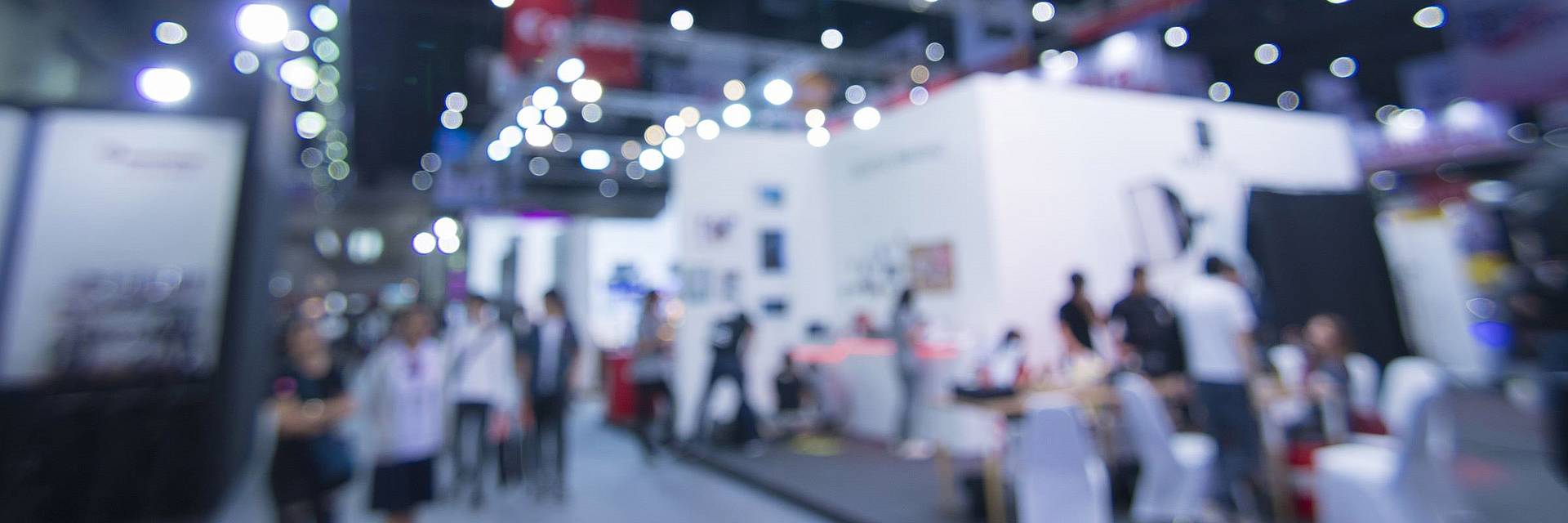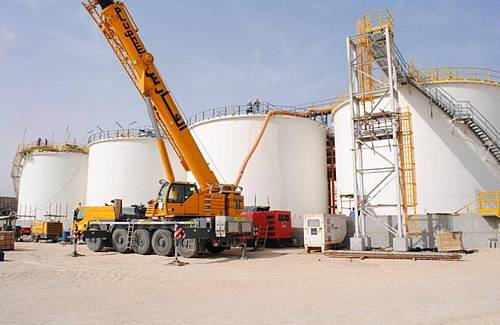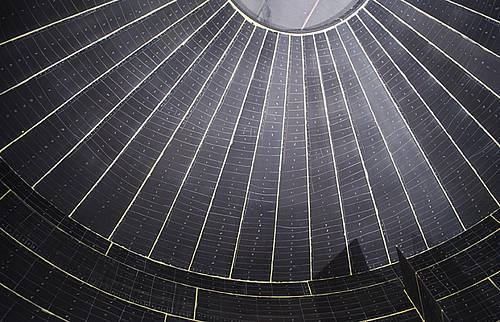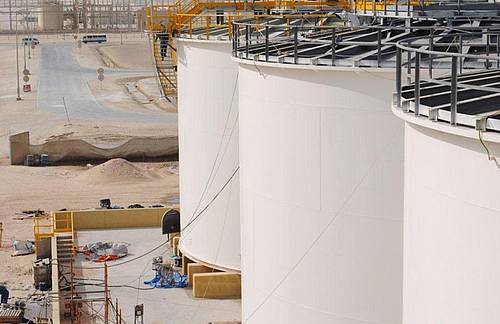The desert became both workplace and home to 42 local fitters, plus 2 STEULER-KCH supervisors, for a period of five months. Building work for the whole phosphoric acid plant lasted for close to a year and a half. The Ras Al Khair Industrial City is still continually expanding. This job saw six phosphoric acid tanks with a total surface area of 8600 m2 rubber-coated on the inside. A double lining of carbon bricks on 2600 m2 of floor space provides additional protection against mechanical impact for the steel containers.
Corrosion protection for plant components subject to heavy exposure
Due to the exposure of components to a wide variety of corrosive influences, effective corrosion measures are essential in tanks, in the piping and on the concrete surfaces of the tank bunding. In addition to the highly aggressive phosphoric acid, other factors, such as simultaneous thermal and mechanical stresses, also need to be taken into account. For this reason, multiple layers of sealing are used, consisting of lengths of rubber, acid-proof carbon bricks and sealants based on artificial resins.
The acid-proof lining of the floor surfaces provides additional protection against the mechanical stresses to be expected. The tanks are used for storage of phosphoric acid and have an overall capacity of some 11,000 m3. The piping connected to the tanks (surface area about 2000 m2) are also equipped with rubber lining on the inside – which makes for cramped working conditions with very hot temperatures of about 50°C outside. All this application work has to be done by hand: measuring, cutting to length, installation of rubber lengths and gluing with contact adhesive.
Self-vulcanising soft rubber lining allows for rapid commissioning
Before the rubber linings can be installed, the surface needs to sand-blasted smooth down to the metal and then primed. Depending on the requirements, the thickness of the rubber coating can be between 4 and 6 mm. Rubber coatings may be differentiated according to various criteria into hard rubber and soft rubber linings. The lining applied here uses a self-vulcanising soft rubber material based on bromobutyl rubber. The advantage of using so-called pre-vulcanising soft rubber lining is that the tanks can be put into operation very shortly after installation. The plant can theoretically be commissioned as soon as the adhesive bond formed by the contact adhesive has hardened.
Outside the tanks themselves but within the tank bunding, all concrete surfaces are also equipped with acid-proof coating. Half of the coated surface is also covered with carbon fibre boards. This results in completely safe protection all around the plant, preventing any penetration of the ground by toxic materials.
The contract for the lining of the tanks resulted from earlier projects implemented by Steuler-KCH on behalf of the Ma’aden company. Among the facilities operated by Ma’aden Phosphate within the “Industrial City” are plants for the manufacture of fertiliser granulates, sulphuric acid, phosphoric acid, and even a power station, as well as a desalination plant and a factory for manufacturing aluminium.




